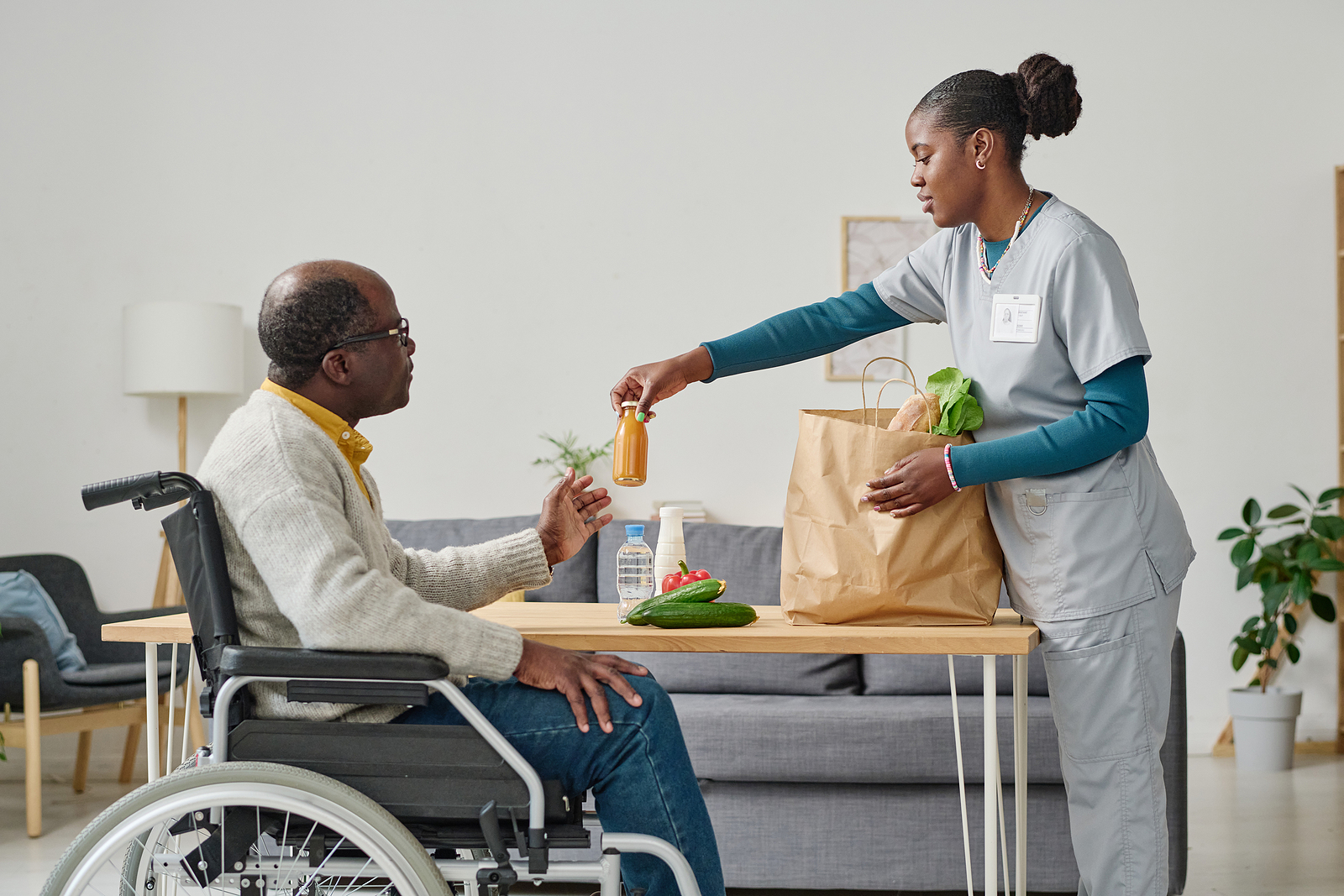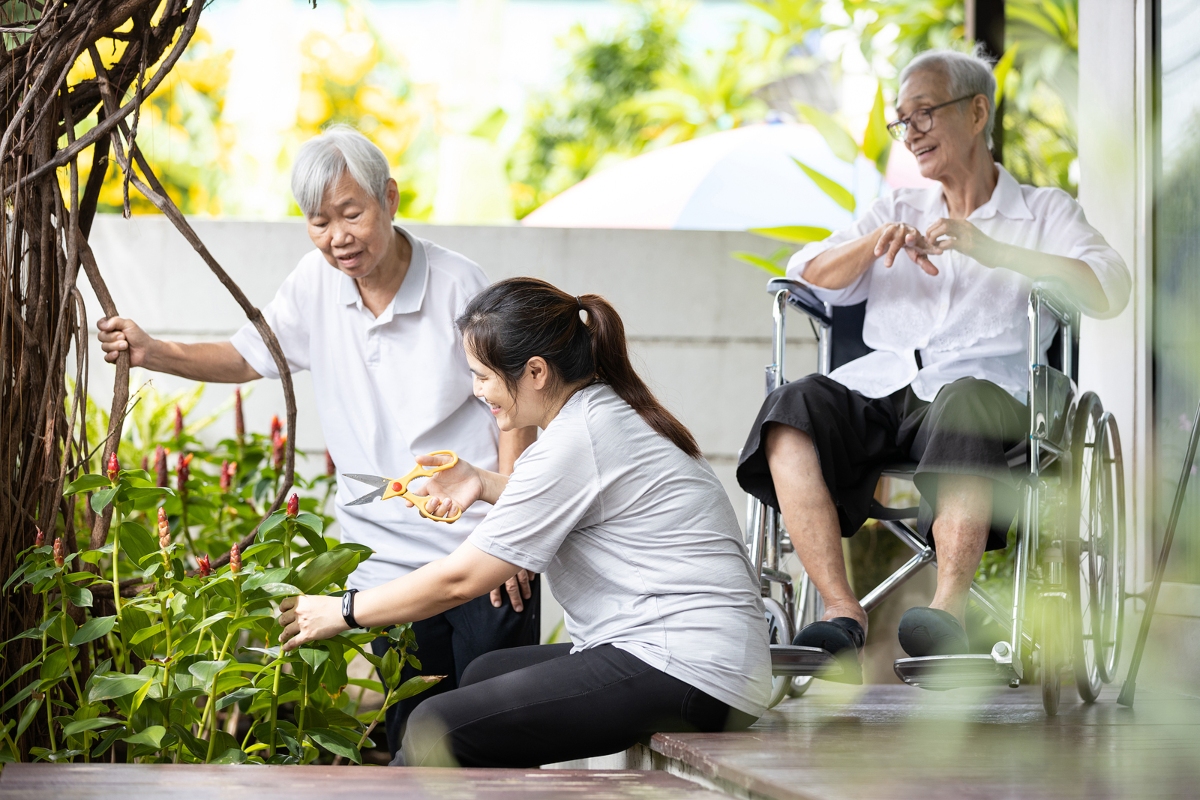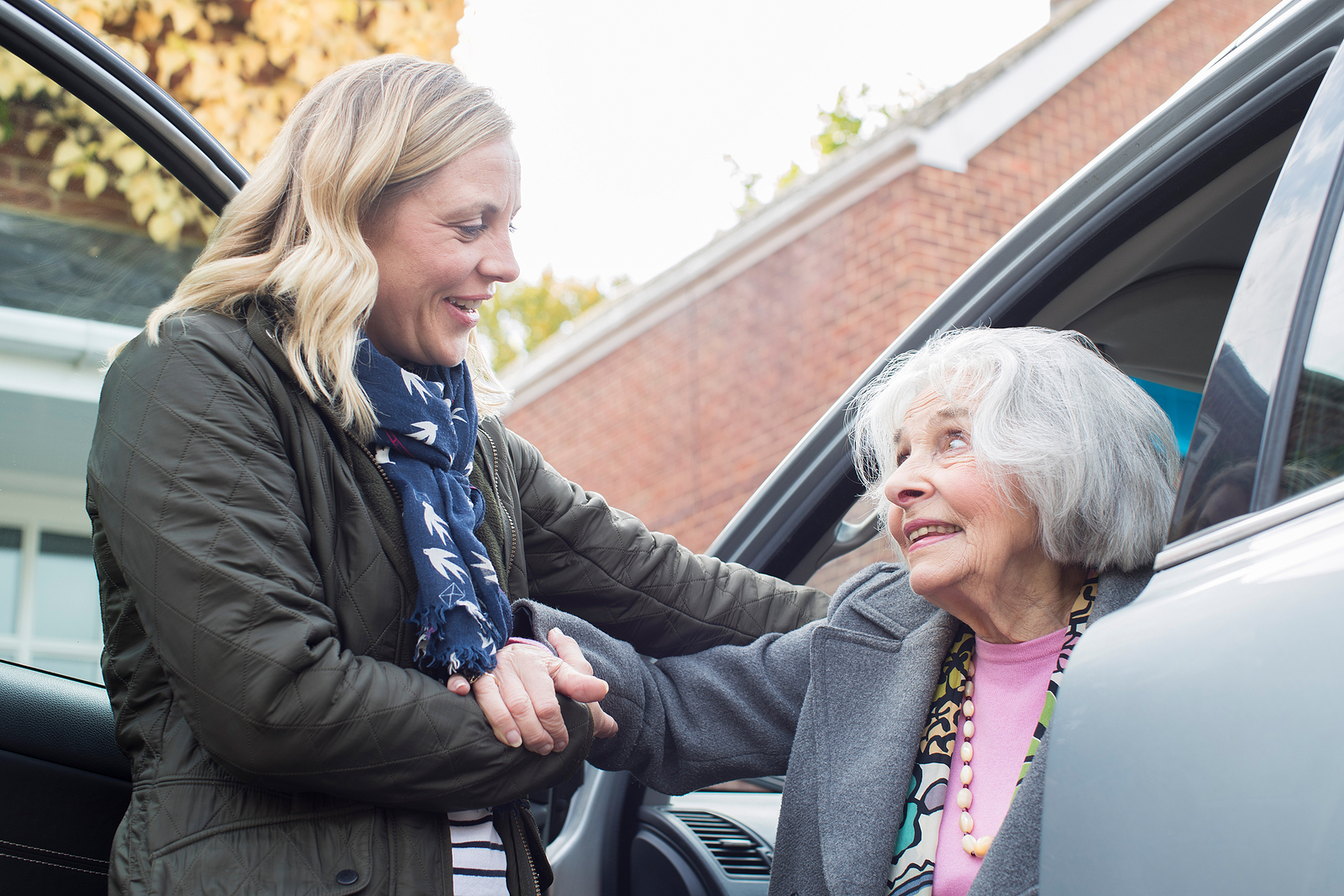When seniors get to the point that they need a lot more care, families can quickly start to feel overwhelmed. The answer might just be bringing in 24-hour home care to help with overnight monitoring. This type of care offers essential support for seniors and for family members, keeping seniors safe and offering peace of mind to everyone.
Why Is Overnight Monitoring Important?
Overnight monitoring helps seniors to avoid accidents related to falls or wandering, especially when visibility is low or seniors might be more disoriented or unsteady on their feet. Comfort overnight, especially with help repositioning, can prevent discomfort and help seniors to rest more easily. Home care providers can also help with overnight issues related to visiting the bathroom and other needs.
Help with Bathroom Visits
For so many seniors, overnight bathroom visits can be challenging and even risky. When 24-hour home care providers are there, they can offer assistance with mobility, helping seniors avoid a fall. They can also offer discreet assistance, ensuring seniors maintain dignity and avoid issues related to needing to change clothes or clean up an unexpected situation.
Repositioning for Comfort
Many seniors who have mobility problems experience significant challenges overnight, especially when they need to move positions. Proper repositioning helps seniors avoid pressure sores and ensures they stay more comfortable overnight. Caregivers can check in on seniors quietly overnight, ensuring they aren’t showing signs of distress or discomfort.
Safety Monitoring and Emergency Help
Safety is a huge concern for families of aging adults, especially as their needs become more of a challenge to meet. Emergencies might feel as if they’re more likely to occur, too. Overnight monitoring ensures that someone is awake and ready to respond right away if seniors do need help. Caregivers are right there, so if seniors do need help in an emergency situation they can take care of whatever is happening.
Improved Quality of Life
Overnight monitoring with the help of 24-hour home care gives aging adults a better chance at having the quality of life that they want to have. Help monitoring health issues and keeping seniors comfortable gives seniors improved health outcomes. It also ensures that there’s someone else there watching for changes that indicate seniors need more help or additional attention from healthcare providers.
Helping Family Caregivers Get Uninterrupted Sleep
Something that family caregivers sometimes overlook is that it can be detrimental for them to not get the rest that they need. When there is someone else there, especially an experienced elderly care provider, family caregivers can get the sleep that they need to face the challenges of a new day. They’re better able to manage stress and keep their own health in check, which lets them continue to be there for the seniors they’re caring for daily.
Having help with overnight monitoring can be a huge relief for seniors and family caregivers alike. 24-hour home care providers can offer customized assistance that ensures seniors get exactly the support they need to stay safe and healthy.
If you or an aging loved one is considering 24-hour home care in Chandler, AZ, please call the caring staff at Golden Heart Senior Care of Scottsdale at (480) 284-7360. We are here to help!









